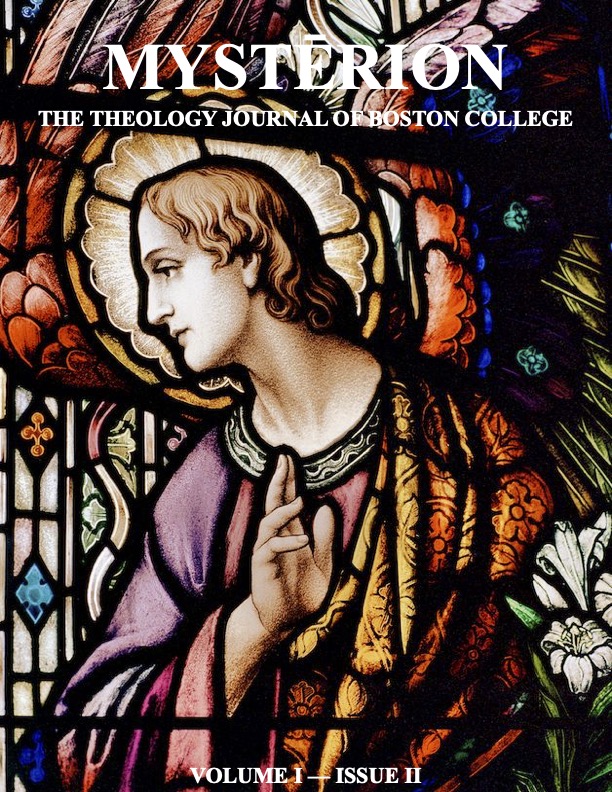Islamic and Christian Reconciliation Traditions in Post-Conflict Bosnia-Herzegovina
A Comparative Theological Analysis
Keywords:
Islamic-Christian reconciliation, peace building, interreligious dialogue, Bosnian Genocide, post-conflict peace buildingAbstract
The Bosnian Genocide was a horrific ethnic and religious conflict that took place towards the end of the twentieth century. In the Genocide, Serbian nationalist fighters systematically killed over 80,000 Bosnian Muslims over a four-year period. The unique political and religious context of the conflict—in which Islam, Orthodox Christianity, and Catholicism were all important communal identifiers—should prompt a nuanced discussion of how religion functions in the midst of conflict. Utilizing Eboo Patel’s concept of the “faith line” and religious pluralism as a point of origin, this article argues for increased attention to theological peacebuilding work in the wake of the Bosnian Genocide. To do so, this article will begin with a review of the historical roots of the conflict which will demonstrate the intimate role that religion played in the conflict, as well as the different religious justifications offered by the Bosnian government. This article will then engage in a comparative analysis of both Christian and Muslim reconciliation traditions, demonstrating that peacebuilding is not simply a political goal, but is also directly related to the respective faith traditions of Islam and Christianity. Finally, several reconciliation projects, both secular and religious, are highlighted in order to show how religious pluralism still plays an active role in breaking down communal boundaries and promoting peace.
Downloads
Published
Issue
Section
License
Copyright (c) 2022 Jack Engelmann

This work is licensed under a Creative Commons Attribution-NonCommercial 4.0 International License.


